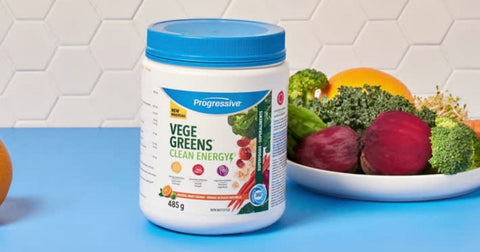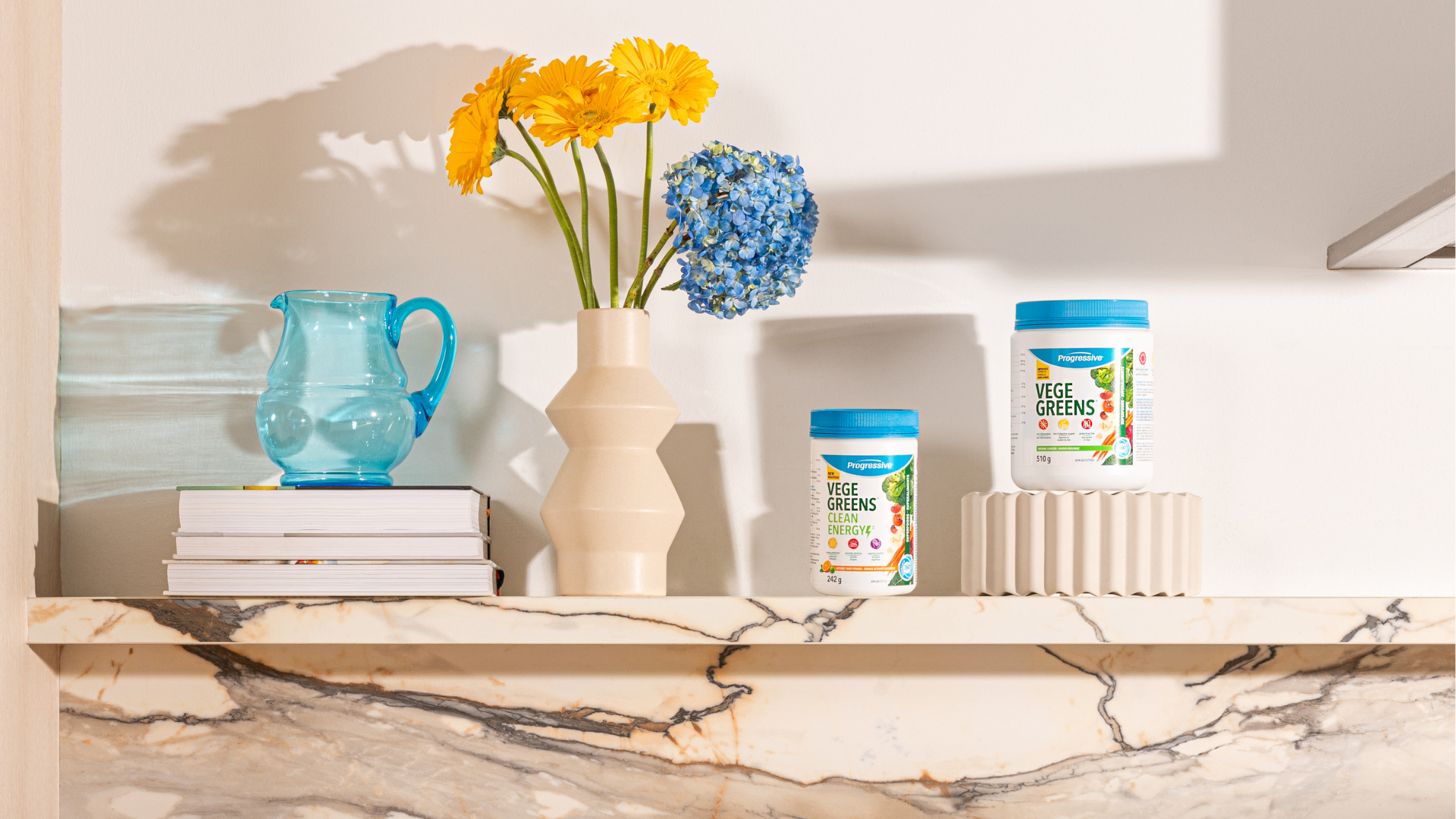Written by Dr. Olivia Rose, ND
Stress is a state of mental or emotional strain resulting from adverse or very demanding circumstances. From psychological stress, such as work deadlines or tension with a family member to physical stress such as insomnia or a challenging work out, it is safe to say that stress is all around us and can be unrelenting at times.
When the body signals that it is undergoing stress, a cascade of neurological and hormonal actions occurs to alert the body that it is under a threat. When the brain signals stress, the heart begins to pump blood more quickly and forcefully, sugars and fatty acids are released into the bloodstream and blood flow is diverted away from non-essential functions such as digestion and reproduction towards your limbs. This reaction is deemed protective because when the body perceives a stressful event is occurring, it must react quickly to protect itself.
However, in today’s society, most stressful or threatening stimuli are not physical, and this primitive reaction is not as useful. And most importantly, this reaction is not helpful for the low grade-chronic stress which many individuals face today. Over time, this stress response can become damaging to the body. Chronic stress will cause your heart rate and blood sugar levels to spike, and inflammatory factors to be released. Therefore, chronic stress can negatively impact digestion, immune function, and reproduction.1,2,3
The impact that stress has on immune function was demonstrated in a study in which 276 healthy volunteers had baseline stress hormone levels tested and were exposed to rhinovirus, otherwise known as, the common cold.4 These individuals were then quarantined and monitored for the next 5 days. While in isolation, the participants were assessed for the viral load as well as the symptoms of the common cold. Researchers found that individuals who had exposure to a long-term threatening stressful experience demonstrated increased stress hormones at the beginning of the study and this increase in stress hormones put them at a higher risk of subsequently developing the virus and displaying more cold symptoms.4
Although stress can have negative consequences on your health and is most often out of your personal control, the solution may not be to eliminate stress, but rather to increase the body’s resilience to stress and mitigate the damage that it can cause both physically and mentally.
Building Stress Resilience for Immune Function
1. Let’s start by building a solid foundation through nutrition
Eating a diet rich in whole foods such as the Mediterranean-style of eating provides the body with anti-inflammatory omega-3 fatty acids and monounsaturated fats, plenty of antioxidants and lean sources of protein. The Mediterranean-style of eating focuses on colorful fruits and vegetables such as leafy greens, lean proteins such as chicken, fish and tofu, whole grains such as quinoa and limits processed foods such as granola bars, pastries, chips, pastas, breads, and sugar-sweetened beverages.5
2. Get adequate sleep
Optimizing the quality and quantity of your sleep is necessary for proper immune function. Without proper sleep, the body is physically stressed, your brain function will suffer and the risk for infection and chronic disease will increase. One large 2-week study monitored the development of the common cold after giving people nasal drops with the cold virus. The participants who slept less than 7 hours were almost 3 times more likely to develop a cold than those who slept 8 hours or more.6
3. Vitamin D is an important immune modulator
If you are deficient in the sunshine vitamin, you could be at an increased risk of infection. Vitamin D is found naturally in only fatty fish, eggs from hens that have been fed vitamin D, and mushrooms.7 However, approximately one third of all Canadians have insufficient levels of vitamin D.8 Therefore, supplementing with vitamin D, especially in the winter months can support immune function even when stress levels rise.
4. Vitamin C is one of the most popular immune supplements, for a good reason!
Vitamin C supports various cellular functions of both the innate and adaptive immune system.9 It also protects the cells which form a barrier against bacteria and viruses – called the epithelial barrier.9 Vitamin C is used in your immune cells for to kill microbes as well as to clear tissue that has been damaged by disease-causing organisms.9 A deficiency in vitamin C puts individuals at higher risk for impaired immunity and a higher susceptibility to infection.9 Vitamin C can be used both preventatively, to ensure adequate levels.
5. Astragalus root is a popular herbal medicine which has been used for more than 2000 years
It contains special carbohydrate units known as polysaccharides and research shows that it helps with immunomodulation and is an antioxidant.10 The root of this perennial plant has been used historically as an immunomodulating agent for the treatment of the common cold, diarrhea, and fatigue. And the good news is that it is generally safe.11 However, if you are on immune-suppressing medications, it may not be right for you so please check with your doctor.
6. The Reishi mushroom, also known as Ganoderma lucidum, can increase stress and immune resiliency
This mushroom promotes the function of immune cells leading to a more robust immune response.12 In one study involving football players exposed to stressful conditions, supplementing with Reishi for 6 weeks improved the function of white blood cells, which helps fight infections.13
Stressful situations and the daily contact you have with bacterial and viral infections may be out of your control, however, there are actions you can take to increase the resiliency to infection and high stress levels. The combination of dietary, lifestyle and additional supplementation can assist in increasing overall health and resilience to stress and infection this fall.
References
- Dhabhar FS. Effects of stress on immune function: the good, the bad, and the beautiful. Immunologic research. 2014 May;58(2):193-210.
- Schliep KC, Mumford SL, Vladutiu CJ, Ahrens KA, Perkins NJ, Sjaarda LA, Kissell KA, Prasad A, Wactawski-Wende J, Schisterman EF. Perceived stress, reproductive hormones, and ovulatory function: a prospective cohort study. Epidemiology (Cambridge, Mass.). 2015 Mar;26(2):177.
- https://www.apa.org/topics/stress/body
- Cohen S, Janicki-Deverts D, Doyle WJ, Miller GE, Frank E, Rabin BS, Turner RB. Chronic stress, glucocorticoid receptor resistance, inflammation, and disease risk. Proceedings of the National Academy of Sciences. 2012 Apr 17;109(16):5995-9.
- Casas R, Sacanella E, Estruch R. The immune protective effect of the Mediterranean diet against chronic low-grade inflammatory diseases. Endocrine, Metabolic & Immune Disorders-Drug Targets (Formerly Current Drug Targets-Immune, Endocrine & Metabolic Disorders). 2014 Dec 1;14(4):245-54.
- Cohen S, Doyle WJ, Alper CM, Janicki-Deverts D, Turner RB. Sleep habits and susceptibility to the common cold. Archives of internal medicine. 2009 Jan 12;169(1):62-7.
- Vitamin D. (2021). Retrieved 12 October 2021, from https://lpi.oregonstate.edu/mic/vitamins/vitamin-D
- .Janz, T., & Pearson, C. (2011) Vitamin D blood levels of Canadians. Statistics Canada Catalogue no. 82-624-X. Accessed March 25, 2020. https://www150.statcan.gc.ca/n1/pub/82-624-x/2013001/article/11727-eng.htm
- Carr AC, Maggini S. Vitamin C and immune function. Nutrients. 2017 Nov;9(11):1211.
- Jin M, Zhao K, Huang Q, Shang P. Structural features and biological activities of the polysaccharides from Astragalus membranaceus. International Journal of Biological Macromolecules. 2014 Mar 1;64:257-66.
- Natural Medicines - Astragulus. (2021). Retrieved 12 October 2021, from https://naturalmedicines.therapeuticresearch.com/databases/food,-herbs-supplements/professional.aspx?productid=963
- Lin ZB. Cellular and molecular mechanisms of immuno-modulation by Ganoderma lucidum. Journal of pharmacological sciences. 2005 Jan 1;99(2):144-53.
- Zhang Y, Lin ZC, Hu Y, Wang FZ. Effect of Ganoderma lucidum capsules on T lymphocyte subsets in football players on “living high− training low”. British journal of sports medicine. 2008 Oct 1;42(10):819-22.




